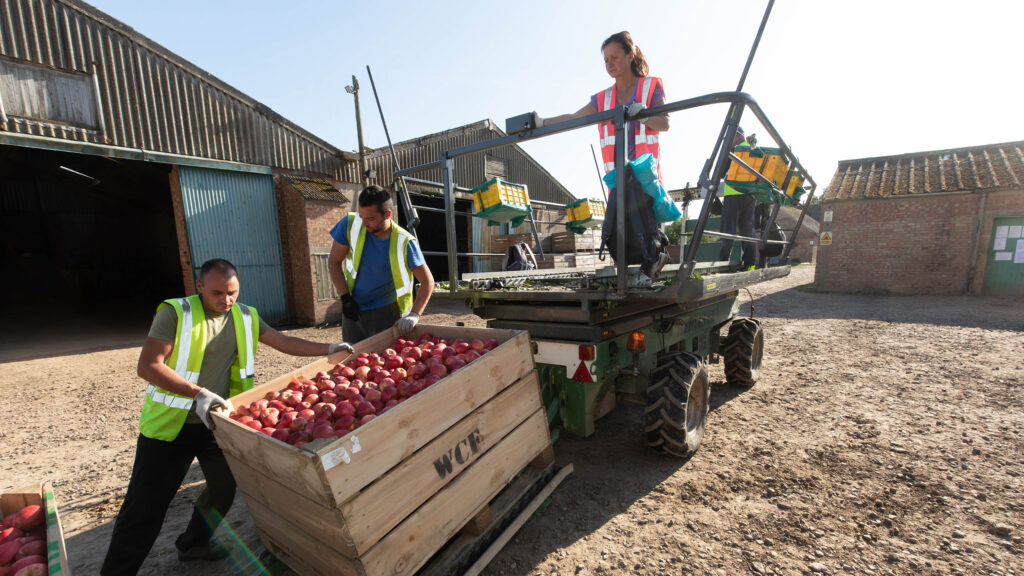Seasonal worker visas more flexible after NFU push
 © Tim Scrivener
© Tim Scrivener The NFU has secured a key win for farmers following the government’s announcement of a significant overhaul of the Seasonal Worker Scheme (SWS), due to take effect from 11 November 2025.
The planned reforms will offer greater flexibility for both UK growers and overseas workers, representing a vital step in easing persistent labour shortages across the agricultural sector and supporting the long-term sustainability of British food production.
The visa programme, which brings in seasonal labour to help harvest British crops, will be updated to allow horticulture workers to spend up to six months in the UK within any 10-month period, rather than any rolling 12-month period under the previous rules
See also: Why vegetables are making a return to Kent arable farm
The change shortens the required gap between visits, enabling smoother transitions across growing seasons – from spring daffodils and asparagus, to summer strawberries and plums.
After years of lobbying, the NFU hailed the move as a breakthrough that will help with labour shortages, particularly at the start of the season, when visa delays have previously left crops unharvested.
“This is a significant achievement and something we’ve long been campaigning for,” said NFU Horticulture and Potatoes board chairman Martin Emmett.
“It gives workers and employers the flexibility needed for the unpredictability that can often come with farming and growing.”
Mr Emmett added: “This will also help workers, who are a vital part of our industry, to maximise their earning opportunities, as well as boosting confidence among farmers and growers.”
Poultry flexibility needed
The NFU has also called for similar flexibility to be extended to the poultry sector and continues to push its revised growth strategy under the Labour government’s 25-year Farming Roadmap.
The Labour government has extended the Seasonal Worker visa scheme for another five years, until 2029. For 2025, 43,000 visas are available for the horticulture sector, with an additional 2,000 for the poultry sector.
Detailed figures for visa numbers for 2026 are expected to be published later this year. The NFU has called for these figures to be made available as soon as possible.
“For the UK to meet its food security and environmental targets, the government must act now to support the growth of domestic horticulture,” Mr Emmett urged.
